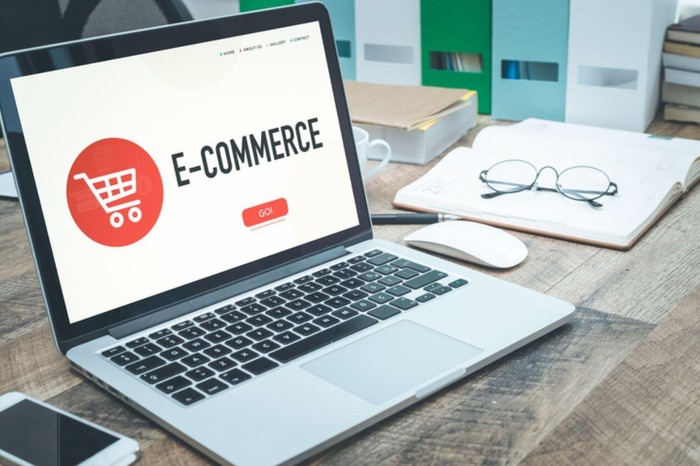
In the not-so-distant past, setting up a store meant bricks, mortar, and perhaps a smiling shopkeeper behind a wooden counter. Now, with a few clicks, you can usher a store into existence without ever touching a brick. Welcome to the fascinating realm of ecommerce. If the idea of setting up your own digital storefront tickles your entrepreneurial spirit, there are some things you should know. Dive into the fundamentals with us.
Get to Know Your Niche
Finding a unique product or market niche is the cornerstone of a successful ecommerce venture. Before diving headfirst, research potential niches thoroughly. Is there a demand? Who are your competitors? By filling a gap in the market or by offering a unique twist on a popular product, you’re poised for success.
Additionally, your chosen niche should resonate with you personally. Your passion and knowledge for the product or service will shine through, making marketing and customer service more genuine and effective.
The Power of a User-Friendly Website
The first impression often lasts, especially in the online realm. Your website’s design can either reel customers in or push them away. Prioritize a clean design, intuitive navigation, and mobile optimization. Consider using ecommerce templates as a jumping-off point. Remember, many potential customers will access your store via smartphones.
Moreover, website speed matters. A slow-loading website can frustrate visitors, leading to potential lost sales. Investing in good hosting and optimizing images and scripts can make a significant difference in your site’s performance.
Understand Ecommerce SEO
Just building a beautiful website isn’t enough. It’s like having a shop in a desolate alley. search engine optimization (SEO) ensures your store appears in search engine results when potential customers are looking for products you offer.
Effective ecommerce SEO isn’t just about inserting keywords. It involves optimizing product descriptions, meta descriptions, and images, ensuring your website structure is search-engine friendly. Regularly updated content, such as blogs related to your niche, can also improve SEO.
The Importance of Fulfillment
Ecommerce isn’t just about what’s online. The physical process of packing and delivering orders is a major component. Efficient fulfillment can make or break your business. Mishandle it, and you risk unsatisfied customers and negative reviews.
Proper fulfillment practices ensure timely delivery and product safety. Whether you choose to handle fulfillment in-house or partner with third-party logistics, make sure it aligns with your business’s scale and nature. Consult this ecommerce fulfillment guide for more information.
Customer Service is Key
In a digital space where customers can’t physically touch products or speak to shopkeepers, trust becomes paramount. Excellent customer service can bridge this gap. Be available for queries, concerns, and feedback, either through chat, email, or phone.
Moreover, a clear and fair return policy is crucial. It alleviates potential customers’ fears and demonstrates that you stand behind your products. Building trust can turn one-time shoppers into loyal customers.
Payment Options and Security
Customers prefer choices, not just in products but also in payment methods. Offering multiple payment options, from credit cards to digital wallets, can enhance the user experience. However, with these options comes the responsibility of ensuring secure transactions.
Implementing SSL certificates and choosing reliable payment gateways can ensure your customers’ data remains confidential. A secure website not only protects customers but also boosts your credibility.

Stay Social and Engaged
Ecommerce isn’t just about selling. It’s about building a community. Engaging on social media platforms allows you to interact with customers, showcase products, and share behind-the-scenes glimpses. Platforms like Instagram, Facebook, and Pinterest can be especially valuable for visually appealing products.
Moreover, email marketing campaigns can keep your customers informed about sales, new arrivals, and other updates. This dual approach keeps your brand at the top of customers’ minds.
Monitor, Analyze, Adapt
The digital world is ever-evolving. Regularly monitoring website analytics will offer insights into your customers’ behavior. Which products are popular? Where are customers dropping off?
By understanding these metrics, you can adapt your strategies, tweak product listings, or make website changes. Continuous adaptation ensures you’re always a step ahead in the game.
In Conclusion
Embarking on an ecommerce journey is both thrilling and demanding. The online marketplace is vast, but with the right strategies, a sprinkle of creativity, and a pinch of persistence, success is within reach. Equip yourself with knowledge, stay adaptable, and remember: in the world of ecommerce, the customer is truly king.